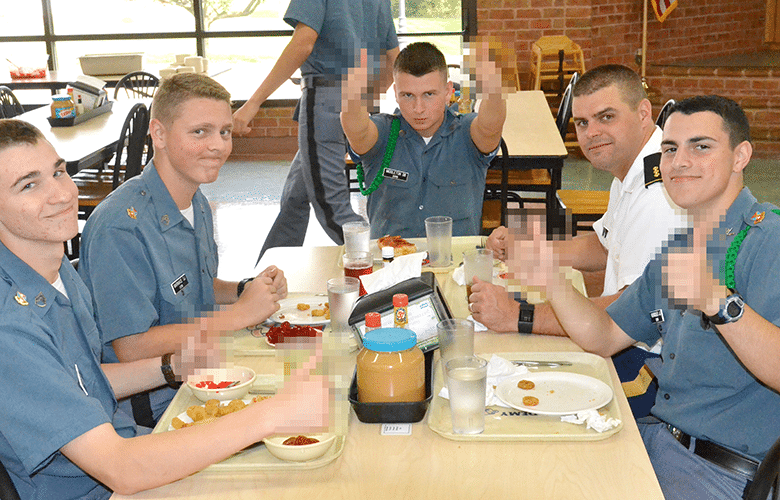


It's almost a natural instinct when we're in a group and someone is taking a photo of us, for us to make some sort of hand gesture or sign—a big smile and a thumbs up, or a hand raised with an index finger proclaiming, "We're number one!" As humans, we communicate not only with words but also with the unspoken language of gestures and body language.
But what happens when the gestures we use every day can be interpreted in offensive ways in other cultures?
It's important to be mindful of these differences, especially for students attending a boarding school that attracts students from around the world. We must also be careful not to use hand gestures that may actually be gang signs in some parts of the USA or that could be interpreted as such by others.
In this article, we'll explore some common hand gestures used in America—and that we may have permitted in our photos in the past—that we have since learned may have offensive meanings elsewhere. Our goal at Fork Union Military Academy is to avoid any embarrassing misunderstandings when we are posting photos online, and for this reason we are asking that our cadets refrain from making any hand gestures in the photos we take that are intended for publication.

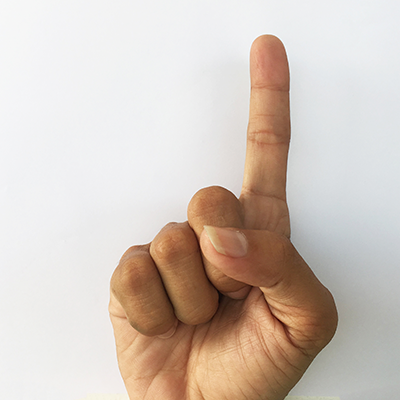

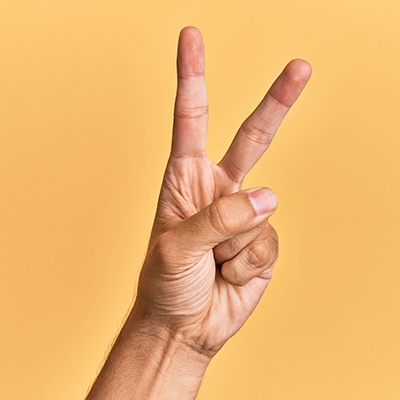
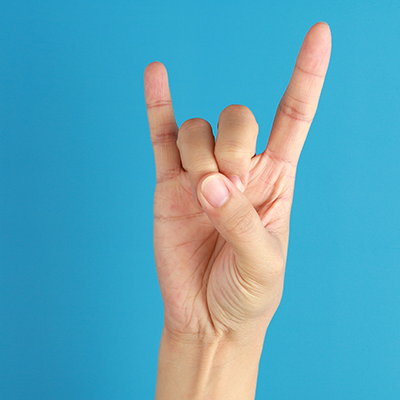
While the above gestures and nonverbal communication cues are commonly known to cause offense across cultures, there are certainly many more that exist.
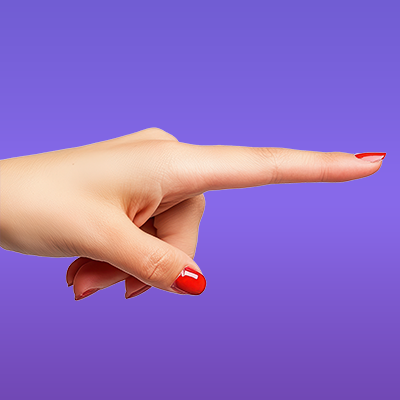
Did you know that pointing with your index finger is considered impolite in many cultures? It can be interpreted as rude or accusatory. In contrast, in some cultures, such as parts of Africa, it is common to point with the lips rather than the finger.
Additionally, even handshakes, which are very common in many Western cultures as a form of greeting, may not be appropriate in some cultures where physical touch is discouraged, such as in parts of Asia or the Middle East.
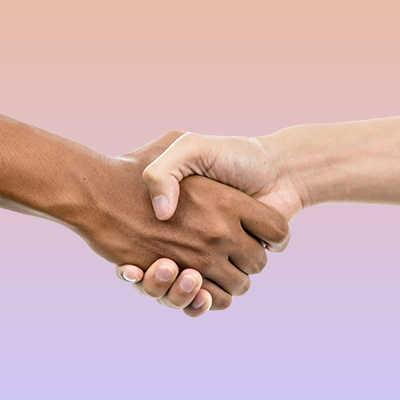
In a diverse environment, such as a boarding school like Fork Union Military Academy that attracts students from many countries around the world, it is crucial to be aware of the wide variety of cultural differences that may exist when communicating with people from different cultural backgrounds.
At our Academy, we ask all students should be mindful of the gestures and nonverbal communication they use and to avoid posting photos on the internet that may be offensive outside of the USA. By being aware and respectful of these cultural differences, we can build stronger relationships and avoid misunderstandings in our interactions with people from different backgrounds.
Fork Union Military Academy has been called “the West Point of high schools,” and is one of the leading college preparatory boarding schools in the US that uses the structure and discipline of the military system to provide accountability, reward good performance, and serve as a leadership laboratory in which young men can develop their team building and leadership skills. Fork Union is known for its unique One Subject Plan academic schedule.